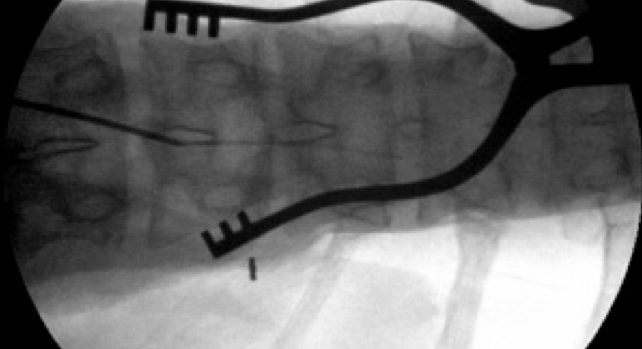Glioblastoma is the most common malignant primary brain tumor in adults. The aggressive growth manner, characterized by marked angiogenesis (the development of new blood vessels) and extensive tumor cell invasion into normal brain cells makes eradication impossible even after extensive microsurgical resection combined with current standard chemoradiation and adjuvant temozolomide (meaning this drug is given to suppress secondary tumor formation).
Prof. Qingjun Zhang and a team from the Department of Neurosurgery, Peking University People’s Hospital proposed that umbilical cord mesenchymal stem cells may have similar targeting capabilities for glioma.
The researchers found that human umbilical cord mesenchymal stem cells demonstrated excellent glioma-specific targeting capacity in established rat glioma models after intratumoral injection or contralateral ventricular administration in vivo. These findings were published in the Neural Regeneration Research (Vol. 8, No. 22, 2013).
After contralateral ventricular administration, umbilical cord mesenchymal stem cells migrated in the initial injection site for the glioma, mainly disbursing across the interface of tumor and normal brain parenchyma.
Mesenchymal stem cells (MSCs) are adult stem cells traditionally found in the bone marrow. However, mesenchymal stem cells can also be isolated from other tissues including cord blood, peripheral blood, fallopian tube, and fetal liver and lung. Mesenchymal stem cells are a distinct entity to the mesenchyme, embryonic connective tissue which is derived from the mesoderm and differentiates to form hematopoietic stem cells (i.e. those giving rise to all other blood cells).

ANA is a team of expert neurosurgeons and medical professionals, who combine their decades of knowledge to provide information, events, and articles on a range of neurological conditions.



